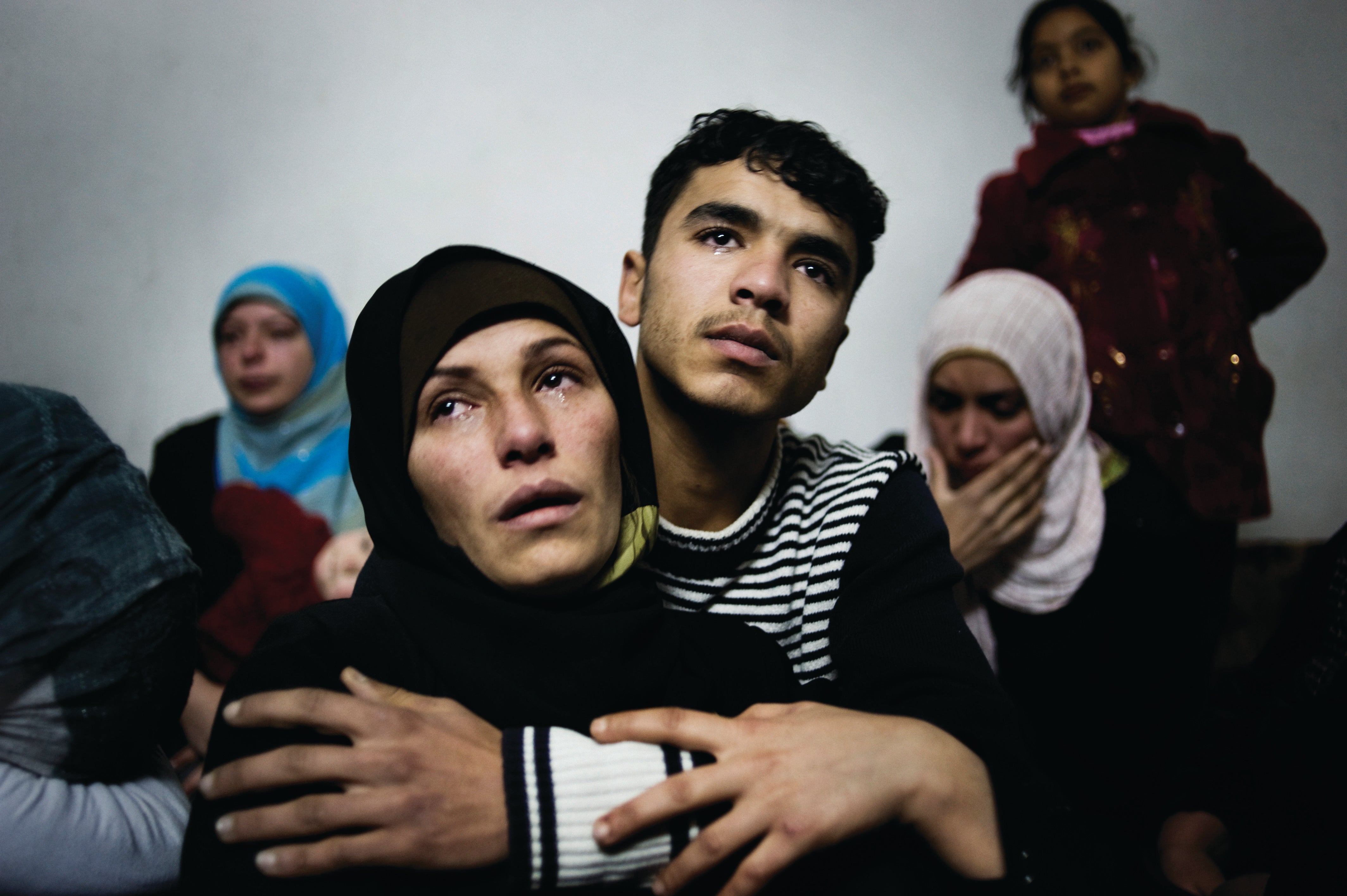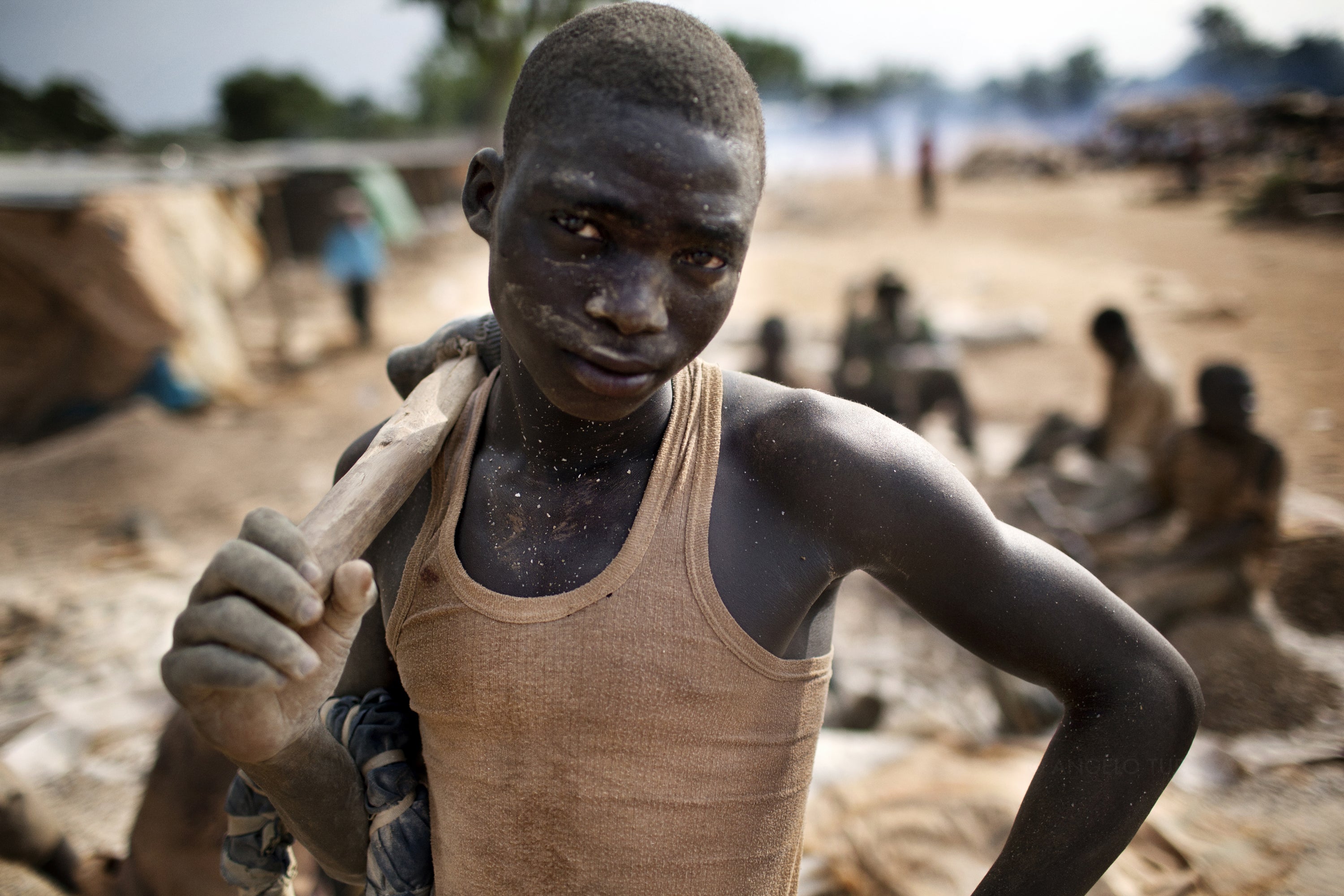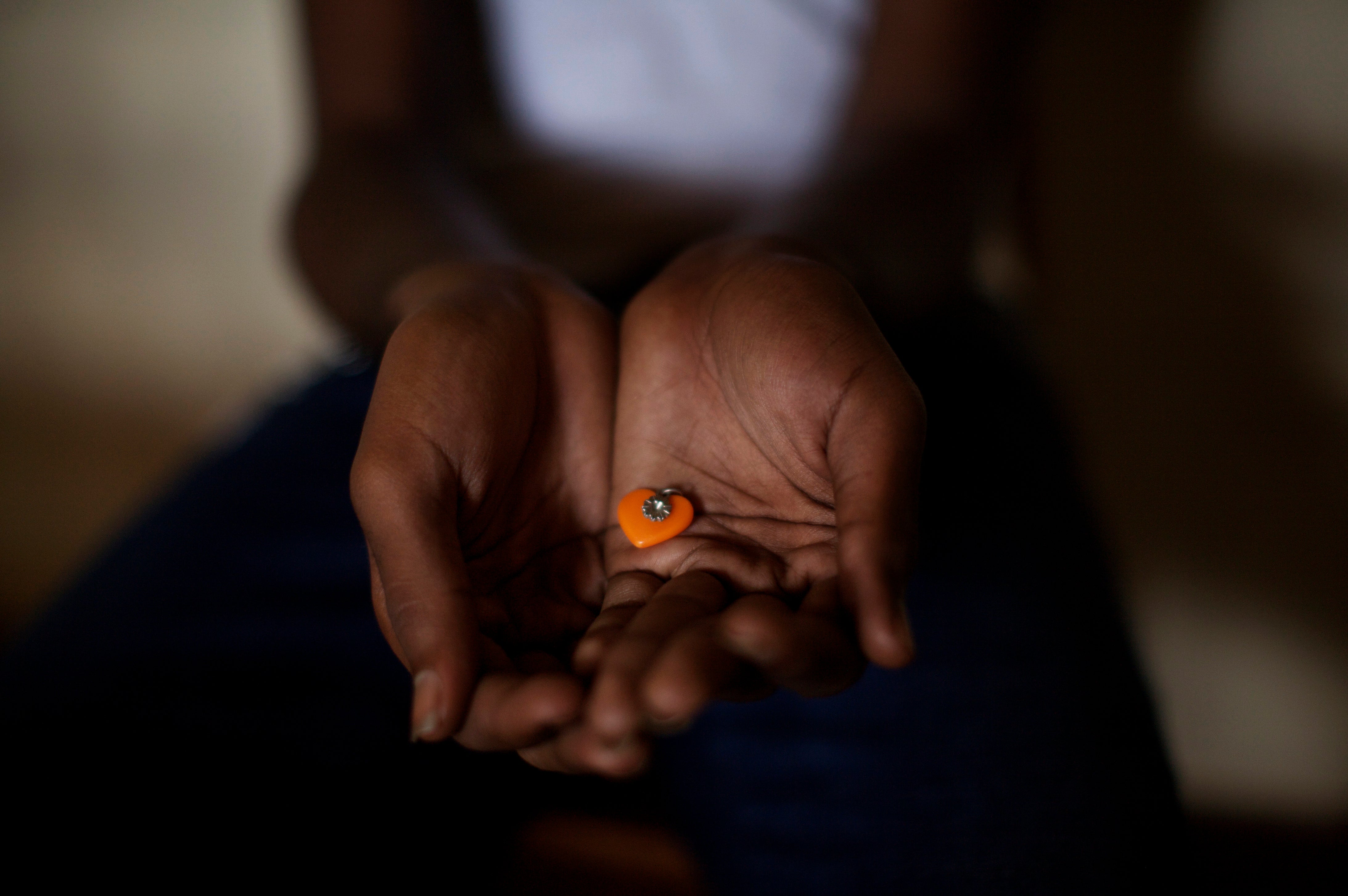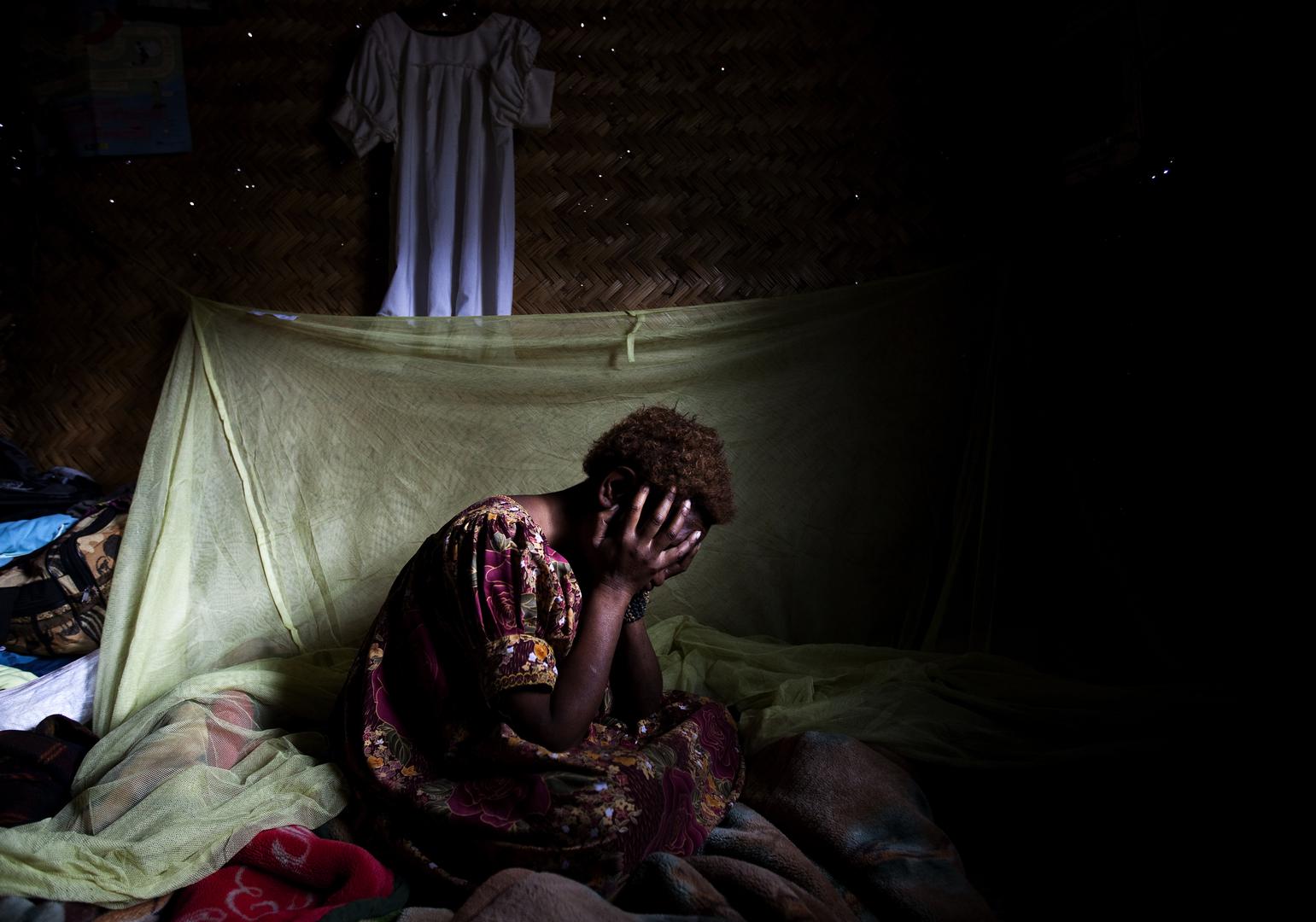In 2012, Iranian authorities prohibited opposition candidates from participating in parliamentary elections. They have held prominent opposition leaders under house arrest for more than a year-and-a-half. Executions, especially for drug-related offenses, continued at high rates. The government targeted civil society activists, especially lawyers, rights defenders, students, and journalists, and announced plans for the first phase of a halal (legitimate) internet. Authorities continued to block access to the United Nations special rapporteur on Iran.
Freedom of Assembly, Association, and Voting
Security forces prevented peaceful demonstrations marking the anniversary of February 2011 anti-government protests. Opposition leaders Mir Hossein Mousavi, Zahra Rahnavard, and Mehdi Karroubi remained under house arrest at this writing.
On February 21, the Guardian Council, an unelected body of 12 religious jurists, disqualified more than 2,000 candidates running for seats in Iran’s March 2 parliamentary election on ill-defined criteria. The Iranian judiciary announced on December 31, 2011, that calls for an election boycott constituted “a crime.”
At this writing, dozens of activists affiliated with banned opposition parties, labor unions, and student groups were in prison. The judiciary targeted independent and unregistered trade unions. In May, a revolutionary court in Tehran sentenced Reza Shahabi, a prominent labor rights activist working with the Syndicate of Workers of Tehran and Suburbs Bus Company, to six years’ imprisonment for “conspiracy against the national security” and “propaganda against the regime.”
In January, the Ministry of Culture ordered the dissolution of the country’s largest independent film guild, the House of Cinema, allegedly because it was not properly registered.
Death Penalty
In 2011 authorities carried out more than 600 executions, second only to China, according to Amnesty International. Crimes punishable by death include murder, rape, trafficking and possessing drugs, armed robbery, espionage, sodomy, adultery, and apostasy.
The majority of those executed in recent years have been convicted of drug-related offenses following flawed trials in revolutionary courts. The number of executions increased following the entry into force in late December 2010 of an amended anti-narcotics law.
Iran leads the world in the execution of juvenile offenders (i.e. individuals under 18 when they allegedly committed the crime). Iranian law allows capital punishment for persons who have reached puberty, defined as 9 for girls and 15 for boys. In late 2012, there were more than 100 juvenile offenders on death row.
In January 2012, the Guardian Council approved the final text of an amended penal code. Children convicted for “discretionary crimes” such as drug-related offenses would no longer be sentenced to death under the amended code, but a judge may still sentence to death juveniles convicted of crimes such as rape, sodomy, and murder if he determines that the child understood the nature and consequences of the crime, a vague standard susceptible to abuse.
Authorities have executed at least 30 people since January 2010 on the charge of moharebeh (“enmity against God”) or “sowing corruption on earth” for their alleged ties to armed groups. Since May 2011, authorities have executed at least 11 Iranian Arab men and a 16-year-old boy in Ahvaz’s Karun prison for their alleged links to groups involved in attacking security forces.
As of September 2012, at least 28 Kurdish prisoners were awaiting execution on national security charges, including moharebeh.
Freedom of Expression and Information
According to Reporters Without Borders, 48 journalists and bloggers were in Iran’s prisons as of August 2012. On April 4, a revolutionary court notified Mansoureh Behkish, a prominent blogger and supporter of the Mourning Mothers, that she had been sentenced to four-and-a half-years for “propagating against the regime” and “assembly and collusion against national security.” Behkish had been active on behalf of families of victims of the 2009 post-election crackdown and 1988 prison massacres.
On September 2, 2012, authorities summoned journalist Jila Baniyaghoob to Evin prison to serve a one-year sentence for “spreading propaganda against the regime” and “insulting the president.” Authorities also banned Baniyaghoob from practicing journalism for 30 years. Baniyaghoob’s husband, Bahman Ahmadi-Amoui, is serving a five-year prison sentence on similar charges.
On November 6, authorities notified family members of blogger Sattar Beheshti that he had died in custody following his arrest on October 30. In response to international and domestic pressure, and allegations that Beheshti has been tortured, Iran’s judiciary announced on November 11 that it would launch an investigation into what happened, and hold anyone responsible for wrongdoing accountable.
The government systematically blocked websites, slowed internet speeds, and jammed foreign satellite broadcasts. In March 2011, authorities announced that they would soon launch a halal—legitimate—internet to protect Iran from socially and morally corrupt content. In September, they announced that the first phase had been implemented in most provinces.
Human Rights Defenders
On March 4, prominent rights lawyer Abdolfattah Soltani learned that a revolutionary court had sentenced him to 18 years in prison, barred him from practicing law for 20 years, and ordered that he serve his sentence in Borajan, a city more than 600 kilometers south of Tehran. Prosecutors charged Soltani with “propaganda against the state,” assembly and collusion against the state, and establishing the Center for Human Rights Defenders (CHRD), which Soltani co-founded with Nobel peace laureate Shirin Ebadi. An appeals court later reduced Soltani’s sentence to 13 years and reversed the ban on practicing law. The same day, an appeals court issued a six-year sentence for Narges Mohammadi, a CHRD spokesperson, on similar charges.
In April, an appeals court informed defense lawyer Mohammad Ali Dadkhah that it had upheld his nine-year sentence on charges related to his interviews with foreign media and membership of CHRD. The court also sentenced Dadkhah to fines and corporal punishment (in the form of lashes) and banned him from teaching for 10 years.
Women’s Rights
Iranian women face discrimination in personal status matters related to marriage, divorce, inheritance, and child custody. A woman needs her male guardian’s approval for marriage regardless of her age, and cannot pass on her nationality to her foreign-born spouse or their children. A woman may not obtain a passport or travel outside the country without the written permission of a male guardian.
Several universities banned female enrollment in several academic fields, including engineering and the sciences, and set quotas limiting the number of women in university courses as well as gender segregation in several higher education facilities.
Treatment of Minorities
The government denies freedom of religion to adherents of the Baha’i faith, Iran’s largest non-Muslim religious minority. Authorities conducted a campaign targeting Baha’is in the northern city of Semnan. According to the Baha’i International Community, at least 17 Baha’i-owned businesses have been shut down, and 22 Baha’is have been sentenced to prison terms ranging from 6 months to 6 years since 2009.There were 111 Baha’is detained in Iran’s prisons as of September 2012.
Authorities discriminate in political participation and employment against non-Shiite Muslim minorities, including Sunnis, who account for about 10 percent of the population. They also prevent Sunnis from constructing mosques in major cities and conducting separate Eid prayers. Government targeting of Sufis, particularly members of the Nematollahi Gonabadi sect, continued unabated.
In September, authorities released Yousef Nadarkhani, the pastor of a 400-member Church of Iran congregation in northern Iran, after almost three years’ imprisonment on the charge of apostasy, which carries the death penalty. Authorities reduced Nadarkhani’s charge to “evangelizing to Muslims” and commuted his sentence to three years’ imprisonment, which he had already served. According to Ahmed Shaheed, the special rapporteur on human rights in Iran, authorities have arbitrarily arrested and detained over 300 Christians, the majority of them evangelicals or Protestants, since June 2010.
The government restricted cultural and political activities among the country’s Azeri, Kurdish, Arab, and Baluch minorities. Security forces detained, tortured, and executed dozens of Arab activists in southwestern Khuzestan province since 2011. According to Arab minority rights activists, at least six people have been tortured to death in custody in connection with anti-government demonstrations that swept Khuzestan province between April 2011and February 2012.
Key International Actors
On August 11, President Barack Obama signed new legislation into law expanding United States sanctions in the form of asset freezes and travel bans against human rights violators in Iran.
In March, the European Union reinforced its restrictive measures adopted in response to serious human rights violations in Iran and prolonged them by 12 months. These moves came on top of expanded sanctions aimed at blocking Iran’s alleged efforts to acquire nuclear weapons.
On March 7, Ahmed Shaheed released his second report, documenting a “striking pattern of violations.” Later that month, the UN Human Rights Council (HRC) renewed the mandate of the special rapporteur, established in 2011. In October, UN Secretary-General Ban Ki-moon released his annual report on the situation of human rights in Iran, saying he was “deeply troubled” by continuing violations in that country. Later that month, Shaheed released his third report, which also provided a “deeply troubling picture of the overall human rights situation” in Iran.
The UN Office of Drug Control (UNODC) continued to provide financial support to law enforcement projects to combat drug trafficking in Iran despite guidelines that require it to temporarily freeze or withdraw support in cases where executions for drug-related offenses continue.




